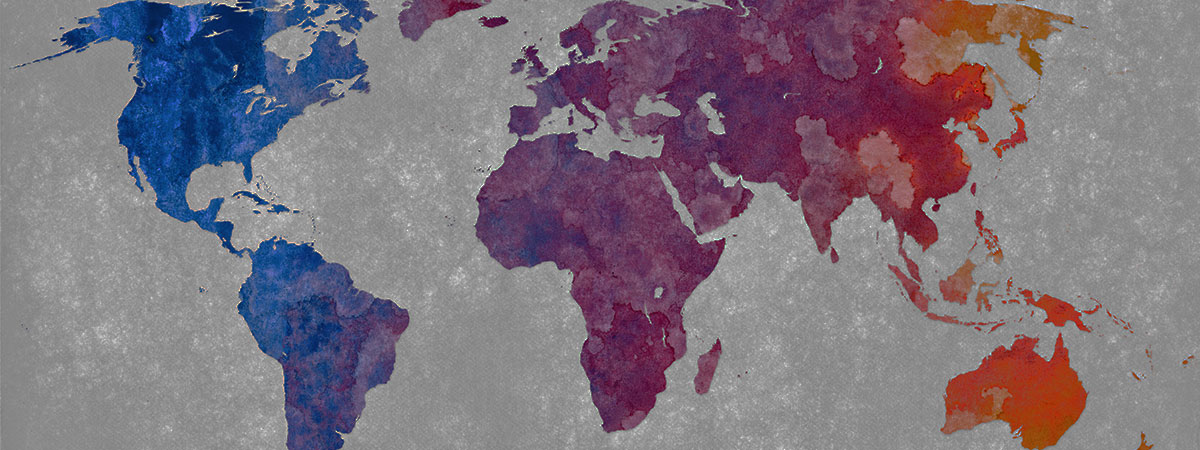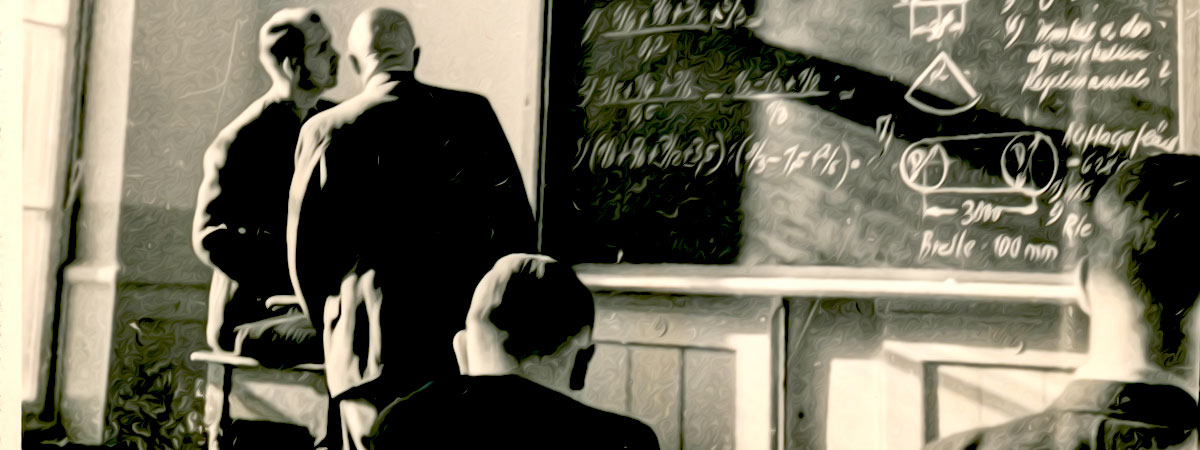This is part two of a two-part series about trial and error. If you haven’t already, read part one here.
In 1903, Frank Nelson Cole laid to rest a centuries-old mathematical puzzle about whether or not 267 – 1 (originally posited in 1644 by French mathematician Marin Mersenne as one of the largest known prime numbers) was in fact, not prime.
He solved this by writing out 267 – 1 (which is a 21-digit number written out) and dividing it by hand by various numbers in sequence. After three years of Sundays, he finally found the factors for 267 – 1, determining that it was, in fact, not prime.
In 250 years, no one was willing to take on the herculean task that led Cole to the solution. Who wants to spend three years of Sundays—that’s 156 Sundays by the way—doing tedious long division by hand? But Frank Nelson Cole didn’t give up. He didn’t give up on Sunday #14, or Sunday #73, or Sunday #155. He found an answer. It’s inspiring.
What if centuries-old problems, like poverty and pollution, persist in our world because we simply aren’t getting enough people to engage in trial and error of solving them? Tweet This Quote
But there’s one question I can’t get out of my head: what if Cole had help? What if he got 10 local college students come by his house for a few hours each Sunday to help him do some long division? He could have paid them—he could have even just bought them dinner or a round of drinks at the local pub. He’d have gotten to the answer faster—10x faster. Instead of 156 Sundays, it would have taken him and his team 15.6 Sundays. That’s three months of Sundays, instead of three years of Sundays. And that’s less than a college semester or summer vacation.
What if he’d gotten 100 people together, and assigned them each a range of numbers to test as factors? He would have gotten to the answer in a day and a half (even If you add in a few more days for coordination and communication challenges, it would still only have taken a few days).
This all makes me wonder: what if centuries-old problems, like poverty and pollution, persist in our world because we simply aren’t getting enough people to engage in trial and error of solving them? And when you’re talking about problems like these, you don’t have time to waste. Children are dying of malnutrition. Youth are languishing without education and jobs. Violence is brewing under oppression and discrimination. Solving problems 10x to 100x faster saves lives.
We at Unreasonable Institute are guilty of wasting time. We’re guilty of not experimenting fast enough. We’re guilty, above all, of trying to solve the problem of helping entrepreneurs scale their impact by ourselves at a rate of a dozen ventures a year. That’s got to change.
If trial and error is what solves big problems, we have the potential to address some of the greatest challenges on Earth Tweet This Quote
Now, we’re asking for help. We need co-conspirators who will help us in our process of trial and error. We’re looking for 10 teams from 10 locations around the world to run 10 Unreasonable Labs, five-day versions of Unreasonable Institute with 10 ventures each. We’ll give the teams we select to run Unreasonable Labs $2,500 in capital, a playbook, weekly remote training, and a set curriculum. It’ll be up to each team to find quality entrepreneurs in their location, get the right mentors involved, find funders, and run their programs by July 2015. We’ll attend each Lab in person to evaluate its effectiveness. We’ll then select the best three to eight teams for in-person training to run full fledged Unreasonable Institutes, like Unreasonable Mexico and Unreasonable East Africa.
The end result will be teams like ours working through trial and error to understand what best helps entrepreneurs succeed. And that will produce more support for more entrepreneurs experimenting with solutions to the world’s biggest problems.
If trial and error is what solves big problems, we have the potential to address some of the greatest challenges on Earth—if we can make it possible to do more trial and error faster. This is our chance to work together for that end.
Apply to run an Unreasonable Lab by January 25, 2014.



